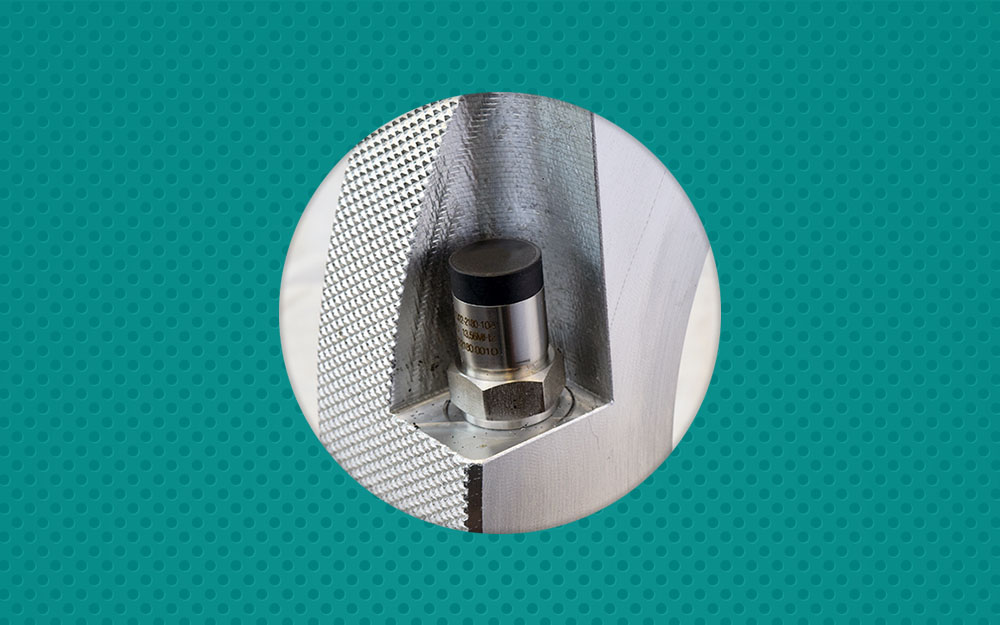What is a transducer? The most basic definition explains it is a device that changes one energy form into another. In the fluid power world, transducers are usually electronic and convert one of the measurable properties of hydraulic fluid into an analogue signal capable of being interpreted by displays, switches or controllers.
We can measure pressure, flow, temperature, oil level, sound, position or RPM. Each of these sensors can achieve the task in their own way, but it’s important that their output is one of the standard ranges normally used in machine controllers, such as 0-5 volts, 0-10 volts or 4-20mA. A lot of machine designers prefer 4-20mA signals because there is no signal loss over long lengths of wiring, such as can occur with a voltage only signal, an effect known as “voltage drop.” In this case, the drop in voltage as a result of long cable lengths can artificially lower the signal from the transducer, giving a false reading.
Electronics are at a commodity level pricing, so most transducers I’ve listed can be had for less than a hundred dollars, and most can be had with digital displays and switching logic for only a couple hundred dollars more. I try to use electronics on every machine or power unit I design, and if you’re in the market of hydraulic machine design and have not yet included any of the various sensors available, I recommend you give some a try. The more sensors, displays and gauges you have on a hydraulic machine, the more easily servicing, troubleshooting and maintenance becomes. And no end user ever wished their machine was harder to service.

